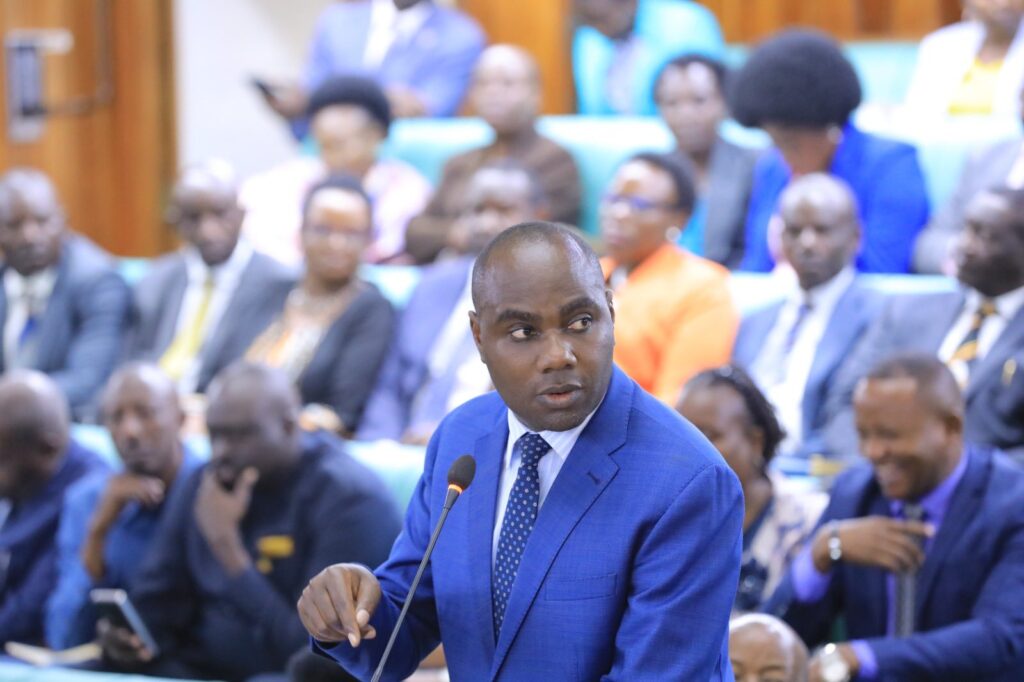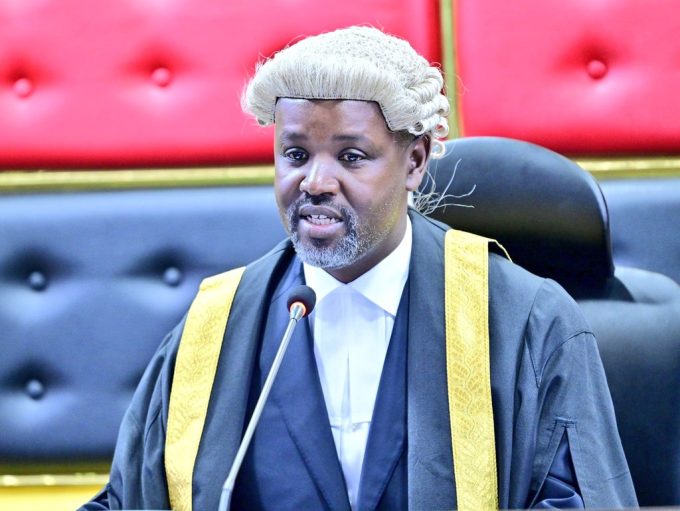Parliament Questions Government Payment to Umeme Despite Outstanding Debt

Members of Uganda’s Parliament have raised serious concerns over the government’s recent payment of US$118 million (approximately UGX428.99 billion) to Umeme Limited, the country’s main electricity distribution company, at the end of its concession in March 2025.
During a meeting convened by the Parliament’s Committee on Environment and Natural Resources, Patrick Aeku (Soroti County) and Herbert Ariko (Soroti East) criticized the move, pointing out that Umeme still owes Uganda Electricity Transmission Company Limited (UETCL) UGX600 billion for electricity already supplied.
Patrick Aeku expressed his disapproval strongly, questioning the fairness of paying Umeme while it has a substantial debt to a government entity. He also challenged the notion that Umeme could take matters to an international court in London, noting that the company operates locally and should be subject to Ugandan laws.
“This is completely unacceptable,” Aeku said. “These people were paid. Let them pay the transmission company their money. Umeme is just here with us locally. When did they become an international company?”
The Committee held the discussions with the Ministry of Energy and representatives from Umeme and UETCL, addressing concerns about ongoing power blackouts in the country and the overall status of Uganda’s electricity distribution and transmission networks.
The Parliamentarians’ criticism highlights growing public concern over transparency, financial accountability, and effective management in Uganda’s power sector. Paying a company that still owes significant debts raises questions about priorities and regulatory oversight.
Key Facts:
Government paid US$118 million to Umeme at the end of its concession in March 2025.
Umeme owes UETCL UGX600 billion for electricity supplied.
Parliamentary Committee on Environment and Natural Resources expressed disapproval during a meeting with the Ministry of Energy.
Members argue Umeme should be treated as a local entity, not an international company, in legal and financial matters.
This issue adds to ongoing debates about electricity supply, financial management, and the effectiveness of Uganda’s regulatory framework in the energy sector.
Latest News
Parliament Clears Budget Framework Paper, Sets Economic Agenda to 2031
Parliament has approved the National Budget Framework Paper (NBFP) for the period...
Bank of Uganda Approves Finance Trust Bank’s Transition to a Credit Institution
The Bank of Uganda (BoU) has formally approved Finance Trust Bank’s application...
Uganda Marks International Data Privacy Day with DPOs Masterclass
Uganda joined the rest of the world in marking International Data Privacy...
Adris Kamuli: From Humble Beginnings to Industry Trailblazer
Adris Kamuli is one of the most influential figures in Uganda’s creative...















